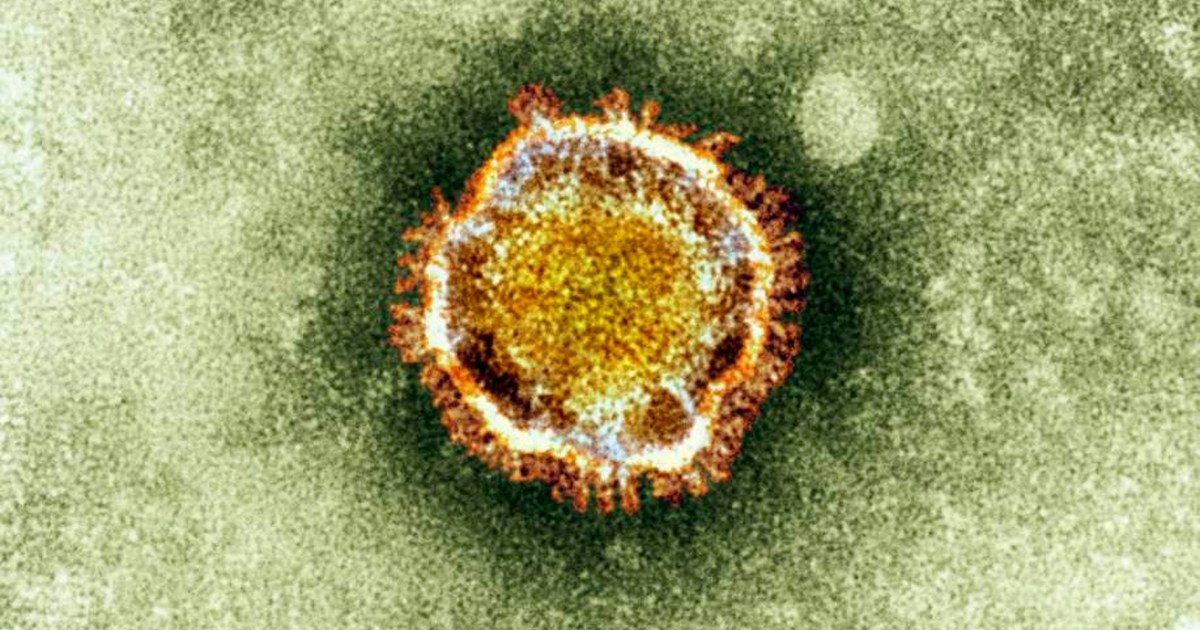Three days ago, a prominent Italian doctor stated that the new Corona virus had begun to lose strength and lethality, but the joy was not complete; The response came from the World Health Organization, which denied this assumption, which opens the door to question the truth of what we know about the virus, and what we do not know more than we know?
On Sunday, Italian doctor Alberto Zangrelo said that the new Corona virus (SARS Cove 2) that causes Covid-19 disease began to lose strength and became less lethal, adding, "In fact, the virus is no longer clinically present in Italy."
"The smears taken over the past ten days showed a very small viral load in terms of quantity compared to smears taken a month or two ago," he added to the Italian RAI television station.
quick answer
But one day later, Maria Van Kerkhove, an epidemiologist at the World Health Organization and several other experts in viruses and infectious diseases, said: Zangrelo's statements are not supported by scientific evidence.
They said that there is no data showing that the emerging corona virus changes significantly, both in the way it is transmitted and in terms of the severity of the disease that causes it.
"As far as his mobility is concerned, there has been no change, and in terms of its intensity, there has been no change," Kerkhove told reporters.
Martin Hibbard, a professor of emerging infectious diseases at the London School of Hygiene and Tropical Medicine, said the large studies looking at the genetic changes in the "SARS-Cove-2" virus that causes Covid-19 does not support in any way the idea that it becomes less powerful or weakened.
"With data from more than 35,000 complete viral genetic groups, there is currently no evidence that there is any difference with regard to severity," he said.
Zangrelo - known in Italy as the doctor of former Prime Minister Silvio Berlusconi - said his remarks were supported by a study by his colleague, Massimo Clemente, to be published next week.
"We have never said that the virus has changed," Zangrelo told Reuters. "The interaction between the virus and its carrier has definitely changed," he said.
He said that this could be due to the different characteristics of the virus, which he said had not yet been determined or the different characteristics of those who were infected.
The study of Clemente, who is director of the Laboratory for Microbiology and Virology at the San Rafael Hospital, compares viral samples from patients with Covid-19 at the hospital in Milan last March with samples from patients with Covid-19 last May.
"The result was free of ambiguity," Zangrelo said. "There was a very big difference between the swabs taken from patients who entered the hospital in March and the samples taken last month."
Oscar MacLean, an expert at the Center for Viral Research at the University of Glasgow, said: Assumptions that the virus weakens "are not supported by anything in scientific literature, and also seem implausible on genetic grounds."
What we do not know
This discussion opens questions about the extent of our true knowledge of the Corona virus, and according to an article by writer Joseph Abstein on the Wall Street Journal, the most irritating aspect of the Corona virus may be uncertainty about its end date.
The writer said that although there is a lot of talk about reaching the top of HIV infections, leveling paths, the rise or fall of cases, working on vaccine production and gradually reopening the economy, no one can say for sure when the risk of the virus will end, or that it will not return later in a way The most deadly.
And for those who have what Henry James called the "catastrophe", it is very easy to see that the virus will remain another year or two, and possibly three years.
The dismal presence of the virus sparked a yearning for a return to "normalcy", and we now use the phrase "new normal", although there is nothing natural no matter what its grandmother was about the conditions brought about by the epidemic.
Perhaps the most prominent manifestation of the defect is the overwhelming presence of doctors in news programs, and this wide presence enabled some of them to achieve fame and other things.
These doctors, whose fields of specialization vary, are said by Abstein. Some of them specialize in epidemiology, others in immunology, virology or public health - they appear on television to sometimes overwhelm us with more information than we can understand, they talk about patterns, curves, numbers, and percentages, they tell us everything except what we want to know: how a virus started Corona, where to go, and when it will end.
The author added, "The reason doctors are unable to help is because they do not know the answers to these questions. With the passage of time, one begins to realize the fact that specialists in epidemiology, immunology and public health are equal in that they know everything except critical matters."
"It seems that the science has nothing to say other than" wash your hands and keep some distance from others, "says Abstein. The status of science may be one of the main victims of the Corona virus, that status that may not have been deservedly acquired at all times and places, but since science is a human project it is subject to all the usual human failures, and yet it is all we have.

